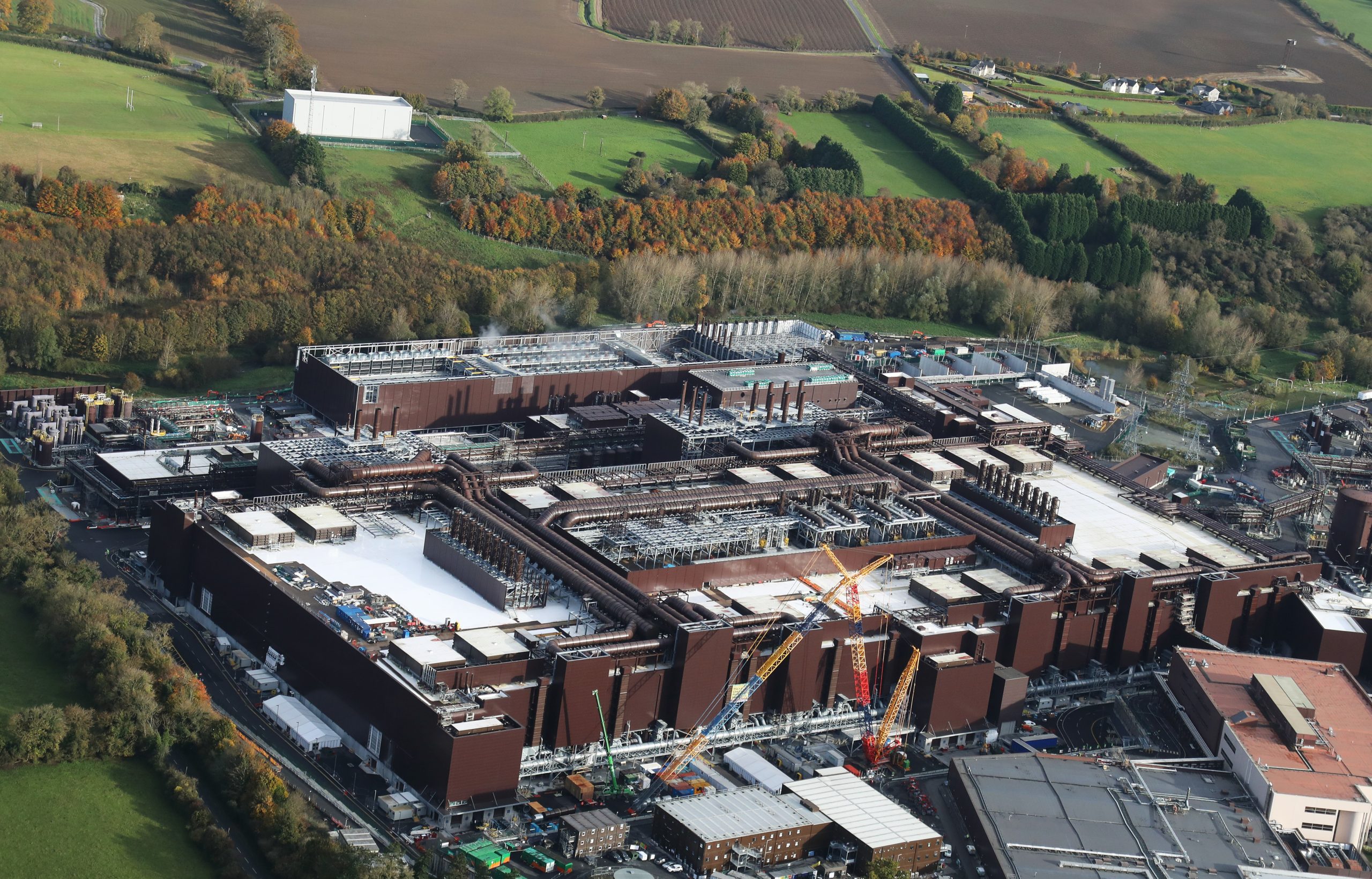While Michelle Johnston Holthaus, Intel’s interim co-CEO, believes that spinning off the Intel Foundry division into a completely separate entity is not a wise idea, she notes that the fate of Intel manufacturing will be decided by ‘someone,’ likely either in reference to the Intel board or a future CEO. David Zinsner, the other interim co-CEO of Intel, believes that spinning off or retaining manufacturing operations as a separate entity is an open question.
“We really do already run the businesses fairly independently,” said Michelle Johnston Holthaus at the Barclays 22nd Annual Global Technology Conference. “Product co makes their decisions, foundry makes their decisions. […] Great products with a great process, technology that we have first access to, is a differentiator. So pragmatically, do I think it makes sense that they are completely separated and there is no tie? I do not think so. But, you know, someone will decide that.”
After Pat Gelsinger was forced to retire earlier this month, David Zinsner said at a conference that the company’s core revival strategy would remain intact. The company still wants to be a leading supplier of CPUs and a leading foundry, which pretty much excludes spinning off Intel Foundry into a separate entity.
However, at the Barclays Conference, he did not dismiss the idea of spinning off the manufacturing unit outright. He also said that eventually, Intel Foundry will become an Intel company (akin to what Mobileye and Altera are today) rather than a part of Intel, which means that the parent company wants to distance itself from Intel Foundry as much as possible. This involves creating a dedicated operational board for Intel Foundry, which is already being set up, and implementing a separate enterprise resource planning (ERP) system. These initiatives are in motion, and it is only a matter of time before Intel completes the necessary milestones.
“We already run the businesses separately, but we are going down the path of creating a subsidiary for Intel Foundry as part of the overall Intel company,” said Zinsner. “We are going to have a separate operational board for Intel Foundry, which is getting stood up today. It will have its own ERP system and so forth. So that’s already in flight, and that is going to happen. […] Does it ever fully separate? I think, you know, that is an open question, you know, for another day.”
Once Intel Foundry is a completely separate unit, Intel could IPO it while retaining full control. However, it is unclear what the point would be of spinning off a foundry that makes products that are not leading the market.
Currently, Intel is focused on making its 18A (1.8nm-class) process technology a success. The company is working to reduce 18A defect density, thus improving yields and decreasing performance variability. Intel has received ‘a number of’ requests for proposals (RFPs) from interested parties, though it is too early to say whether they will transform into actual orders. The company intends to share 18A progress at its earnings call in late January, which is when we will learn how the fabrication technology progresses.
“We have a couple of milestones that are coming up here in the not too distant future that we are likely to update investors on at the end of January,” said Zinsner. “[…] We have received a number of RFPs that we are working through over the course of the next few months. And my sense is we will probably provide some update [in] January.”
